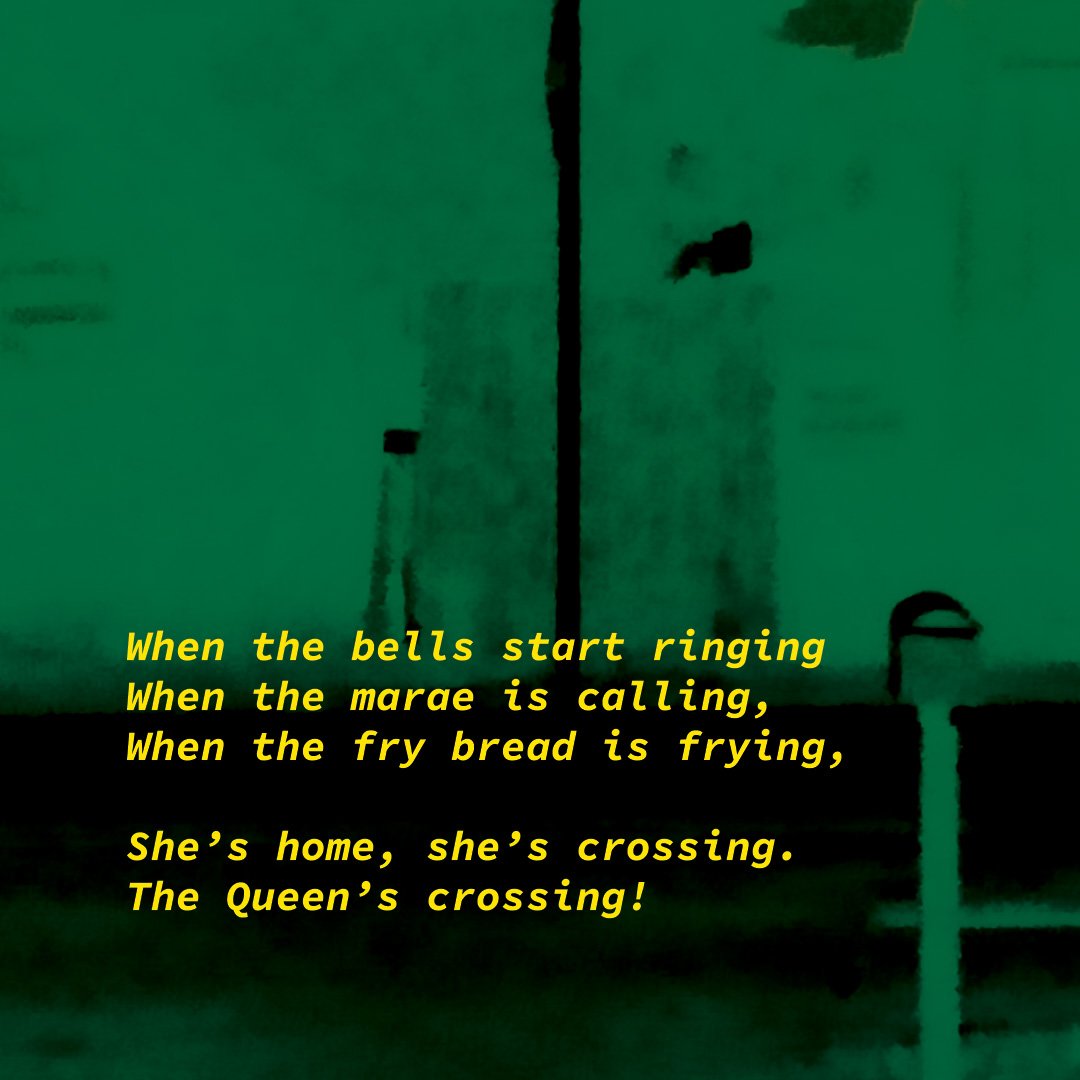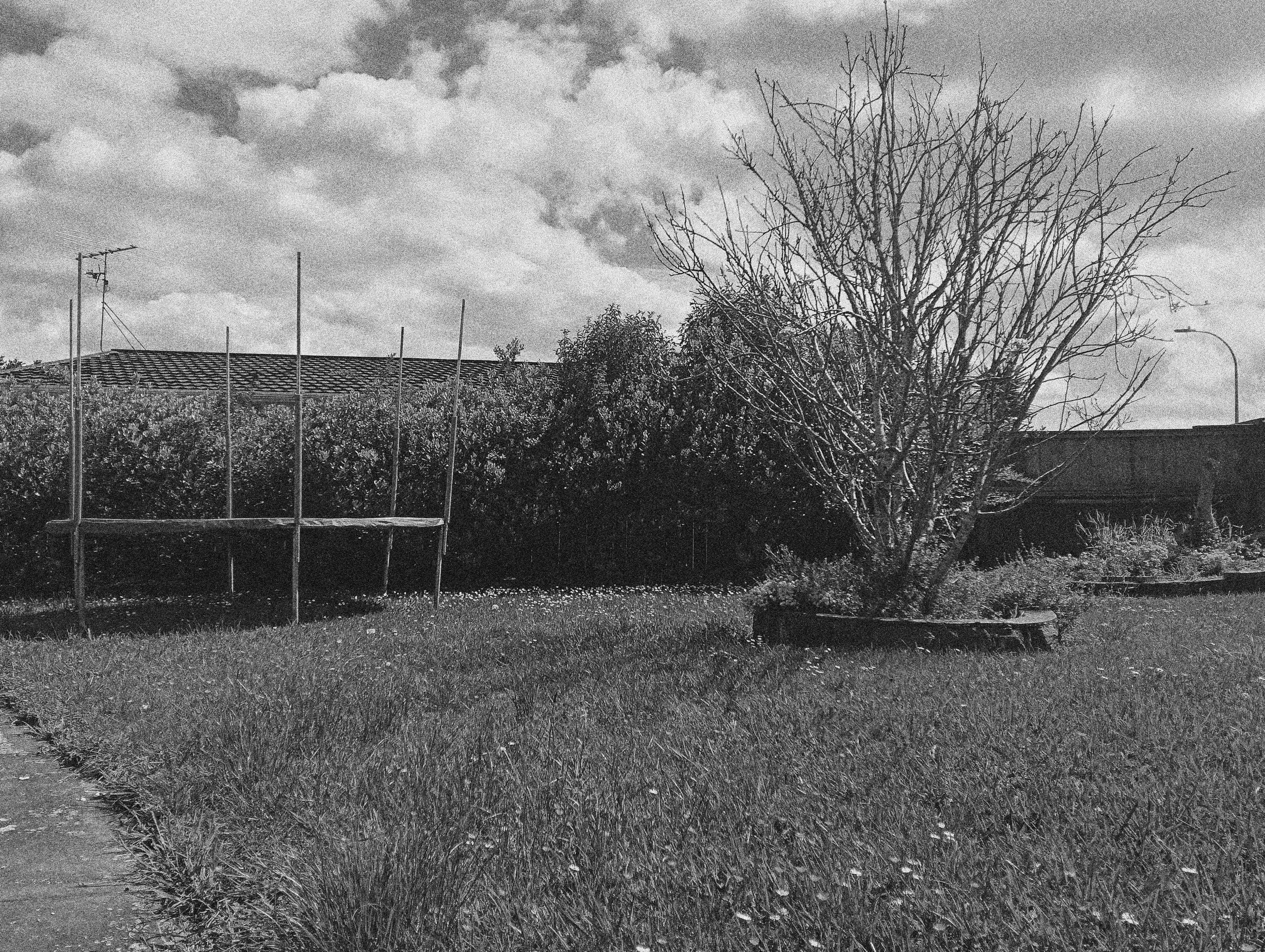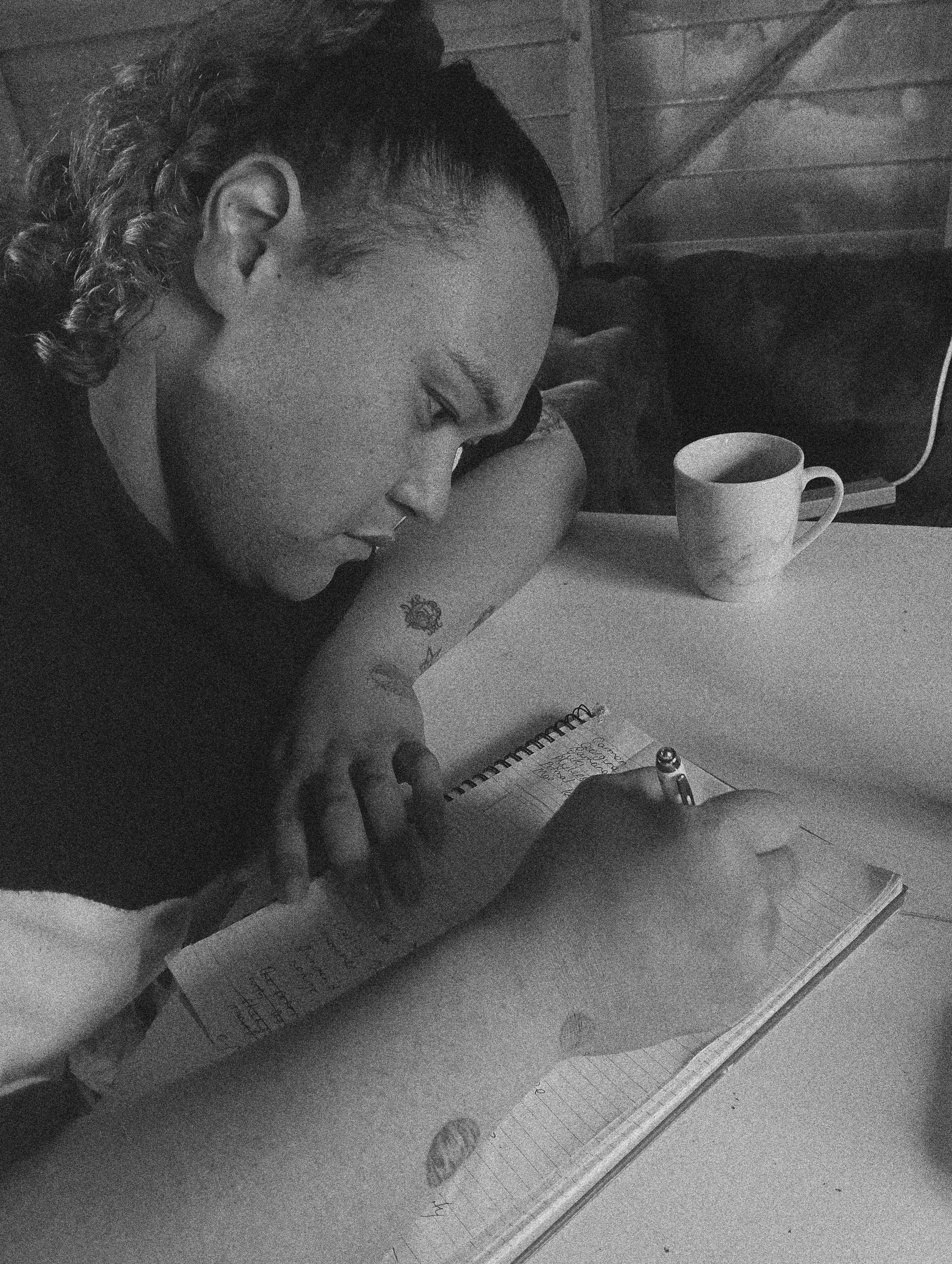
Daedae Tekoronga-Waka
SummaryDaedae Tekoronga-Waka is a versatile Māori and Cook Islands performer with a strong background in acting, choreography, dance, and musical theatre. She is of Ngāpuhi, Tainui, Mangaian, and Maukean descent. Her extensive training and experience have equipped her to excel in various stage productions, from television to theatrical performances. With a focus on diverse roles and a passion for sharing her cultural heritage, Daedae aims to make an impact in the performing arts industry.
Creative Process
My artistic journey is shaped by my personal experiences, dreams, and desire for representation. As a Pasifika Māori trans woman, my creative process is deeply connected to my identity, and I focus on themes that are meaningful to me and my community.
I find that actively immersing myself in sensory experiences helps develop my creative ideas—whether it’s listening to music, tasting food, or visualising scenes. These sensory moments often spark deeper reflections, which leads me to conducting research.
Research and writing go hand in hand in my artistic process. Through interviews, data analysis, and experimenting with performance techniques, I deepen my understanding of each topic. Writing then helps me develop these insights into ideas, characters, and stories.
In that same breath, I recognise that creativity thrives when it’s given the freedom to shift and grow. By allowing the work to breathe and evolve naturally, it creates spaces for unexpected twists that can shape and enrich the project in ways I might not have anticipated.
As a Pasifika Māori trans woman, I aim to amplify underrepresented voices and challenge stereotypes authentically.
Creative Workspace
My garage, front yard, and bedroom are the spaces where my creativity flows, each offering a unique atmosphere that inspires different ideas. My garage is a cosy, practical workspace where I can lose myself in thought, with its comfy couch and connection to the outdoors. The fresh air and sunlight of my front yard, where I sit under a tree or on my trampoline, fuel my creativity, while my bedroom serves as a more personal space, filled with mementoes and photos of loved ones, grounding me in my artistic journey. Each space plays a key role in helping me focus and create.
Working from home offers both advantages and challenges. The comfort and flexibility of being in a familiar space allow me to work at my own pace and take breaks when needed, but distractions and the risk of burnout can be an issue. To stay focused, I’ve learned to mix things up—sometimes simply changing rooms or stepping outside provides the reset I need, while at other times, a short break is enough to recharge.
While my workspace is important, inspiration can strike anywhere. I always carry a notebook and pen, ready to capture ideas that come to me while walking, shopping, or even driving.
Ultimately, what matters most is creating a space where I can focus and experiment. Whether I’m sipping tea in my bedroom, pen in hand in my car, or somewhere else entirely, my creativity thrives when the environment feels right.




Fale-ship Questionnaire
What’s one word that describes your work?
One word to describe my work is "Me". My work is a reflection of my soul, a book upon which I write the intricate details of my being. It's a personal expression of my experiences, beliefs, and aspirations. Every line and every word is infused with a piece of my heart. My work is a mirror, reflecting my hopes, fears, and dreams. It's a testament to the journey I've taken and the person I've become.
How does it feel to be showcasing your work from your creative space?
Sharing my work from my creative space is both exhilarating and terrifying. It's a vulnerable exposure. While I'm eager to see my creations flourish and take on a life of their own, there's a fear of judgment and criticism, as with any new work.
What were some highlights and challenges you came across during your residency?
Some of the highlights during my residency included the flexibility of working from home, being compensated for my mahi, setting my own work schedule, and having the opportunity to fully immerse myself in developing my creative concept. Additionally, the residency provided a long overdue return to the arts community. The main challenges during the residency were balancing everyday responsibilities with the demands of the creative process, preventing burnout, and maintaining accountability.
What are some coping mechanisms or creative processes you use that help maintain your creative well-being?
To nurture my creative well-being, I prioritise self-awareness, recognising when to take breaks and when to return to work. Accountability plays a crucial role in maintaining focus. I avoid forcing creativity and find that meditation, music, food, and stepping away for a while are helpful mechanisms I use for overcoming creative blocks.
What is inspiring you right now?
As I write this response, I find myself inspired by love songs, from Celine Dion's I'm alive to Ardijah's Silly Love Songs. My current work is inspired by the extraordinary achievements of Pasifika Trans women, particularly their resilience in overcoming adversity. The similarities and differences in our experiences resonate deeply with me, serving as a constant source of inspiration.
How important is it to showcase the lived experiences of Pasifika artists?
Showcasing the lived experiences of Pasifika artists is vital to preserving our cultural heritage. Our ancestry is deeply ingrained in everything we do, inspiring our artistic journeys. As the keepers of our stories, we must be empowered to share our narratives. Platforms like this residency allow us to develop Pasifika works that honor our ancestors. Giving back to those before so that those after don't feel alone.
When your Fale-ship Residency is eventually launched online, what would you like people to take away?
My ultimate goal is to inspire others to embrace love in all its forms. My passion for my work is the driving force behind everything I do. I hope that by witnessing my dedication, people will be motivated to pursue their own passions with unwavering love.
If you could invite anyone to have a seat at your table, who would it be and why?
If I could invite anyone other than my mother and grandmother to sit at my table, it would be Carmen Rupe and Georgina Beyer. As transgender women, they were the first representations of my identity that I encountered in mainstream media. Sadly, they passed away before I had the chance to meet them. Having them at my table would be an immense honour.
What advice would you give to other Pasifika Practitioners who want to apply for future Fale-ship Opportunities?
My advice for other practitioners to take up Faleship is: "Just Do It." Don't hesitate, don't be afraid, and don't doubt yourself. The time is now. You have everything you need to succeed. Believe in yourself and take the leap.







